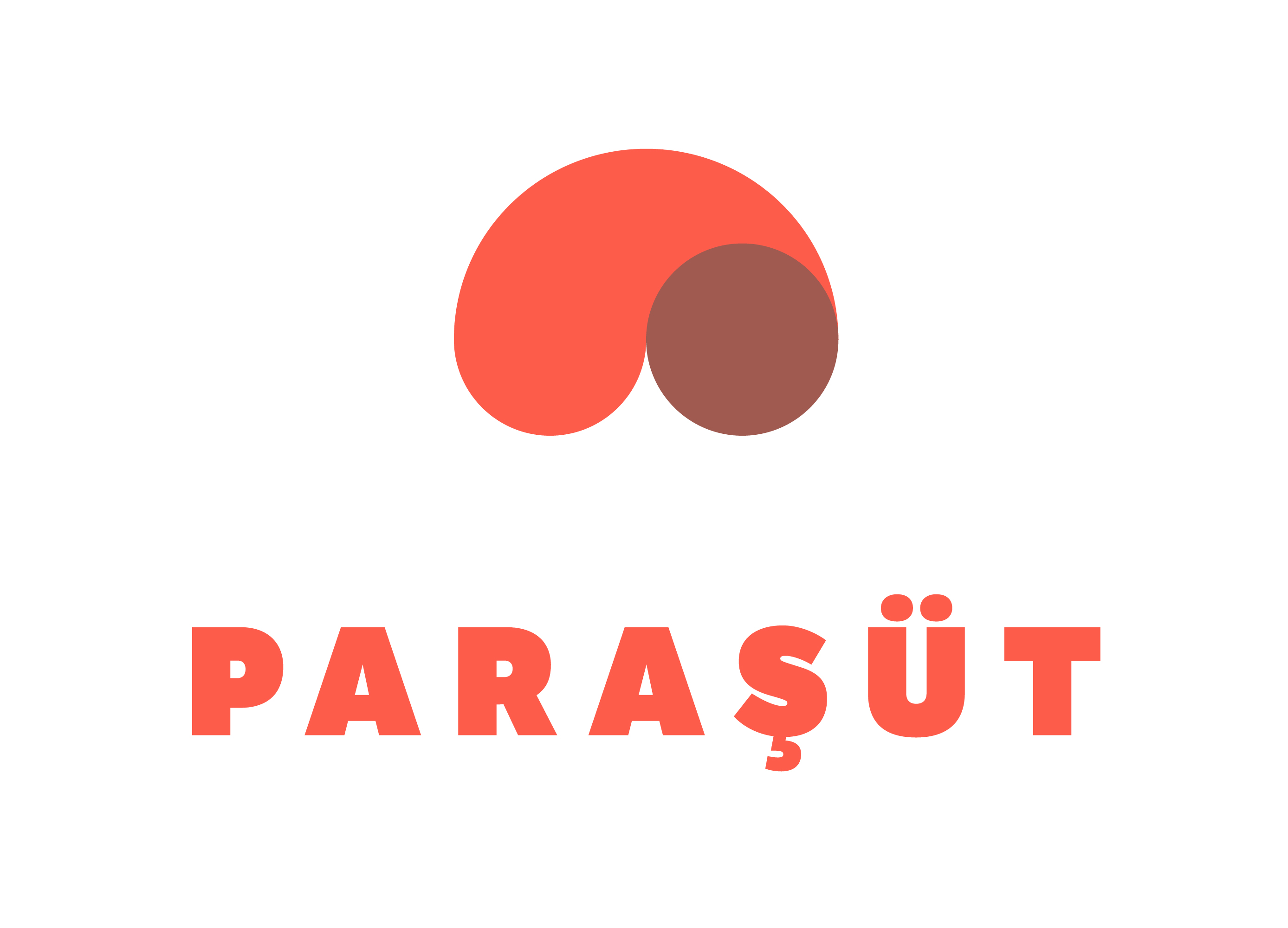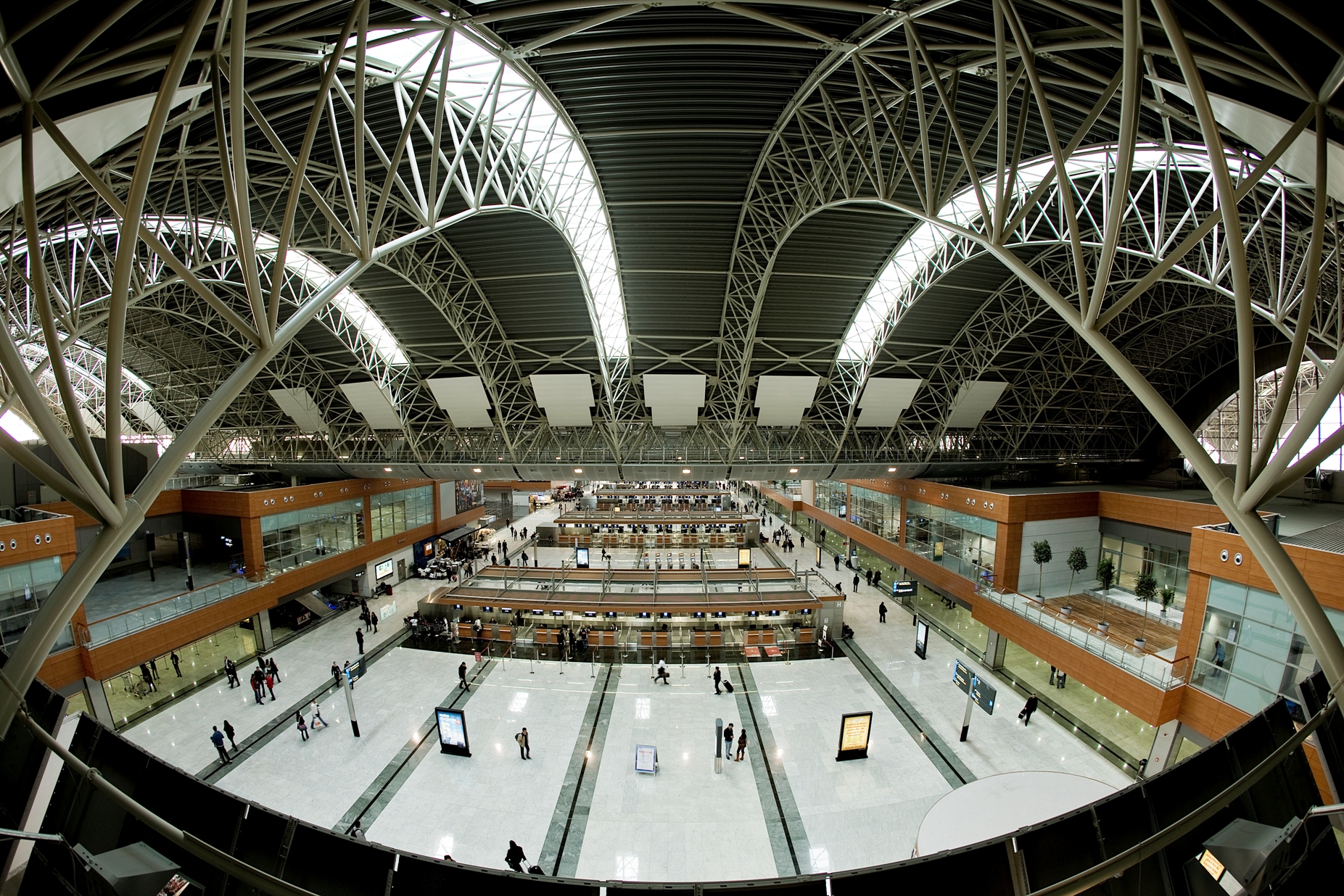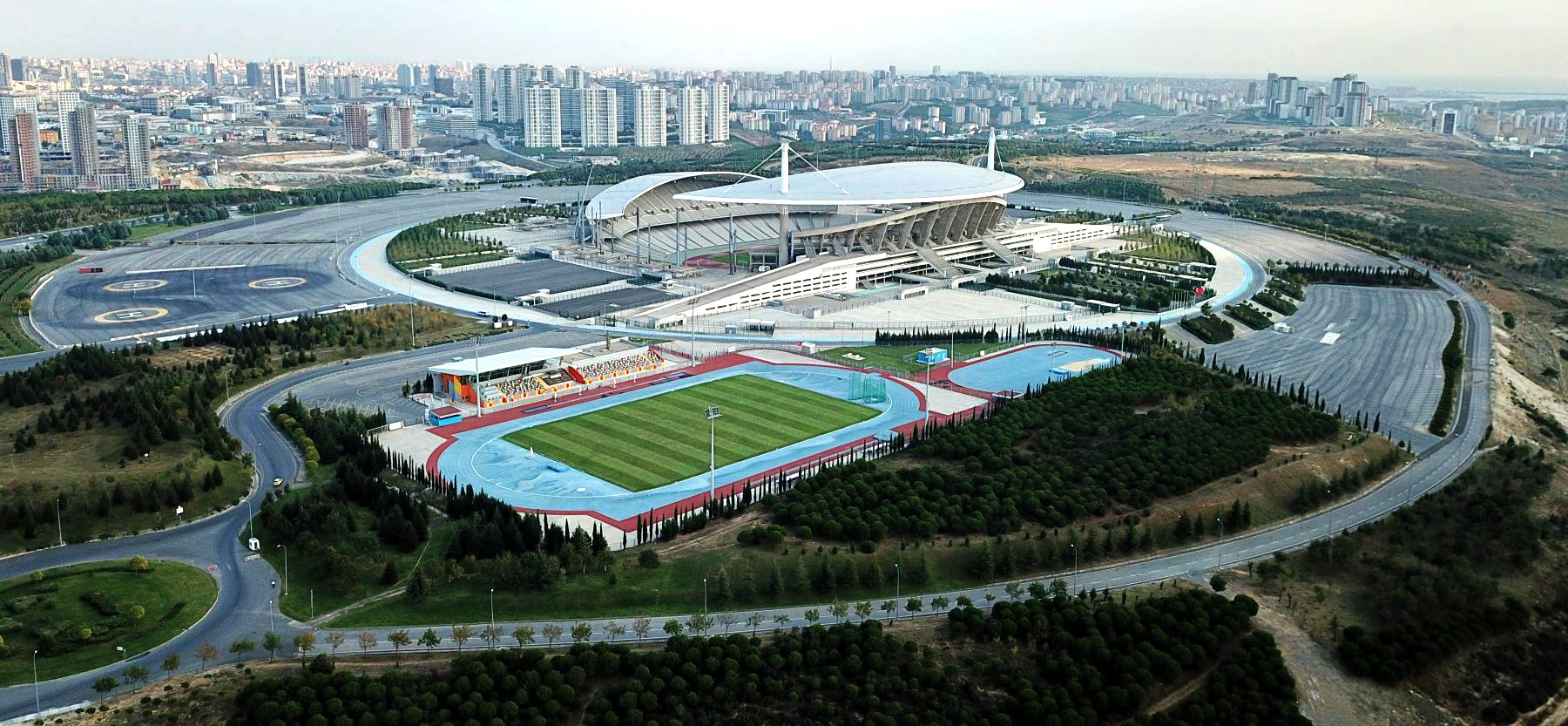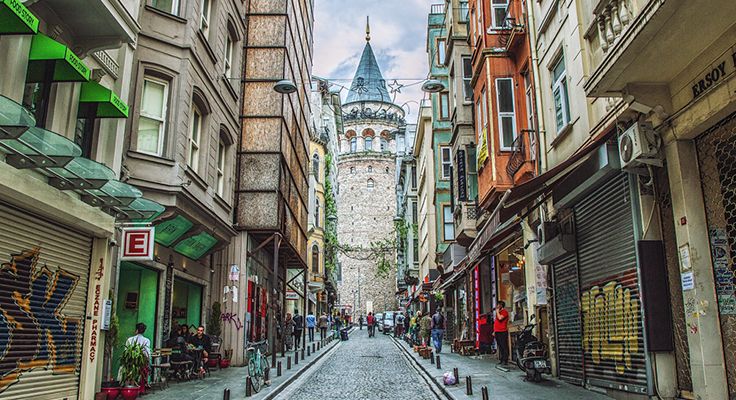Establish Your Business in Istanbul
Establish Your Business in Istanbul
In the early 2000s, the Turkish economy maintained its growing pace. Republic No. 100. Istanbul accounts for the lion's share of the Turkish economy, which aspires to be one of the top ten in the world. Istanbul, our country's economic and manufacturing hub, is also an important tourist destination owing to its historical richness. With projects like as Istanbul airport, the Osmangazi Bridge, and Kanal Istanbul, Istanbul, which is one of the biggest investments in the Turkey history, is also leading the growth in national revenue.
Because of its youthful population, Istanbul, which has become a significant economic power with a larger population than many nations across the globe, has tremendous promise for the future. Istanbul has played a major role in all of Turkey's economic changes from the past to the present. Istanbul is a hub for creativity and invention, as well as entrepreneurship, and it serves as a doorway to our country for international currents. Istanbul is vital to the Turkish economy, playing a significant role in both commerce and industry. Throughout history, Istanbul has been a center of commerce and industry. Istanbul's worth is growing by the day, thanks to its tourist, industrial, and commercial potential. Istanbul investments are the country's commerce, commercial, investment, financial, and tourist center, with its own socioeconomic structure.
Istanbul has a 20.3 percent proportion of the Turkish work force, a 50.6 percent share of exports, and a 54.6 percent share of imports.
Beginning a Business in Turkey
Turkey's FDI Law is founded on the concept of equal treatment, granting foreign investors the same rights and responsibilities as domestic investors.
The requirements for establishing a company and transferring shares are the same as those for local investors. International investors may form any of the companies listed in the Turkish Commercial Code (TCC), which provides a corporate governance approach that meets international standards, encourages private equity and public offering activities, creates transparency in operations management, and aligns the Turkish business environment with EU legislation as well as the EU accession process.
Turkey has implemented changes aimed at making it simpler to conduct business in order to improve the investment climate in Istanbul by removing red tape in the establishment of a company and reducing expenses and processes. To that aim, forming a business is now exclusively done through Trade Registry Offices, which are housed in Chambers of Commerce and are intended to be a "one-stop shop." The procedure is done in a single day.
Istanbul's Economic Foundations
The Grand Bazaar
The first stockbroking operations in Istanbul began during the Crimean War in 1854. A rule enacted in 1873 renamed the Istanbul stock market the “Dersaadet bond exchange.” Following the formation of the Republic of Turkey, certain rules were enacted, and the legislation on securities and exchanges was published in 1929. The stock exchange began operations as the Istanbul Stock Exchange, and the ISE was founded on December 26, 1985. Borsa Istanbul has been in operation since 2013. Borsa Istanbul's detailed information may be found here.
The Grand Bazaar, the world's oldest and biggest retail mall, covers an area of 45 thousand square meters. The Grand Bazaar, which has 3,600 stores, sells everything from carpets to purses, textiles to gold and silver jewelry, antiquities to tiles and souvenirs. More information about Grand Bazaar may be found here. Being a historical place too, Grand Bazaar has vital importance to Istanbul economy.






.png)




















More posts by Gokce Nacar